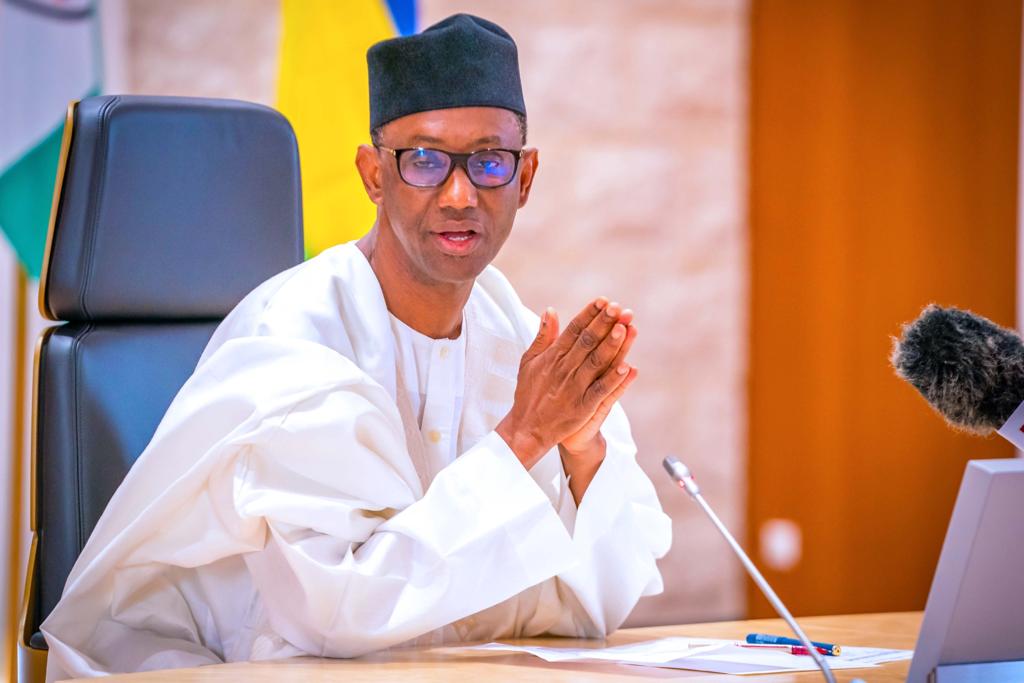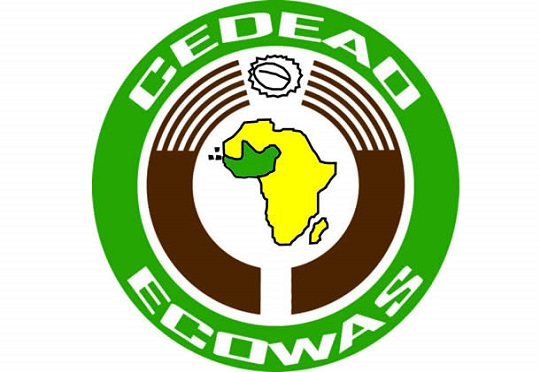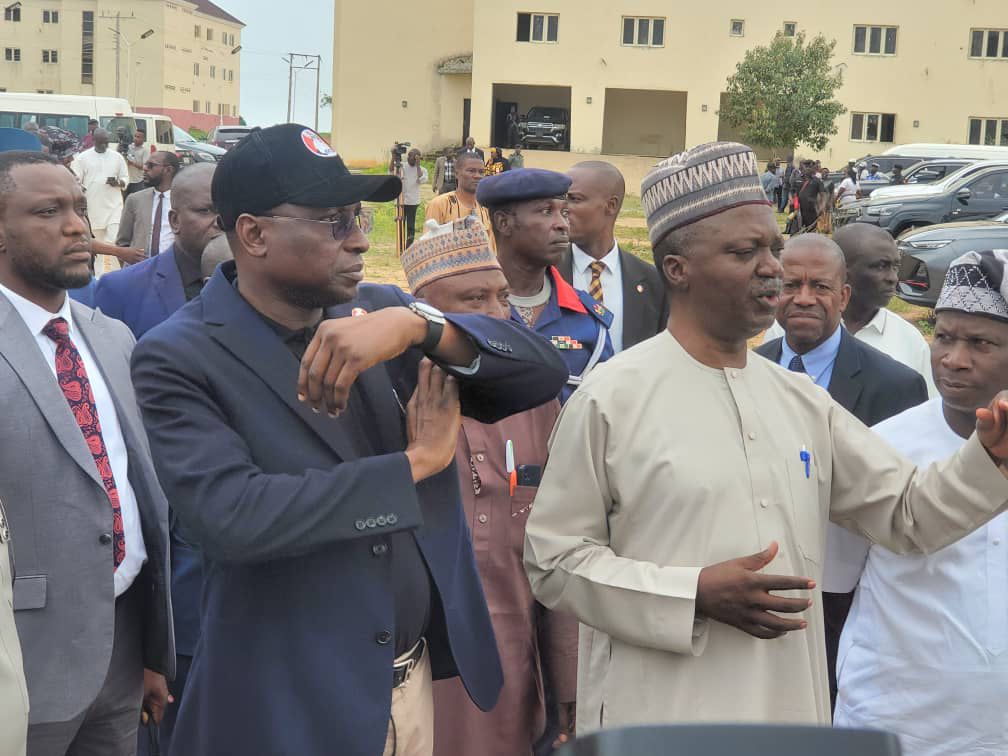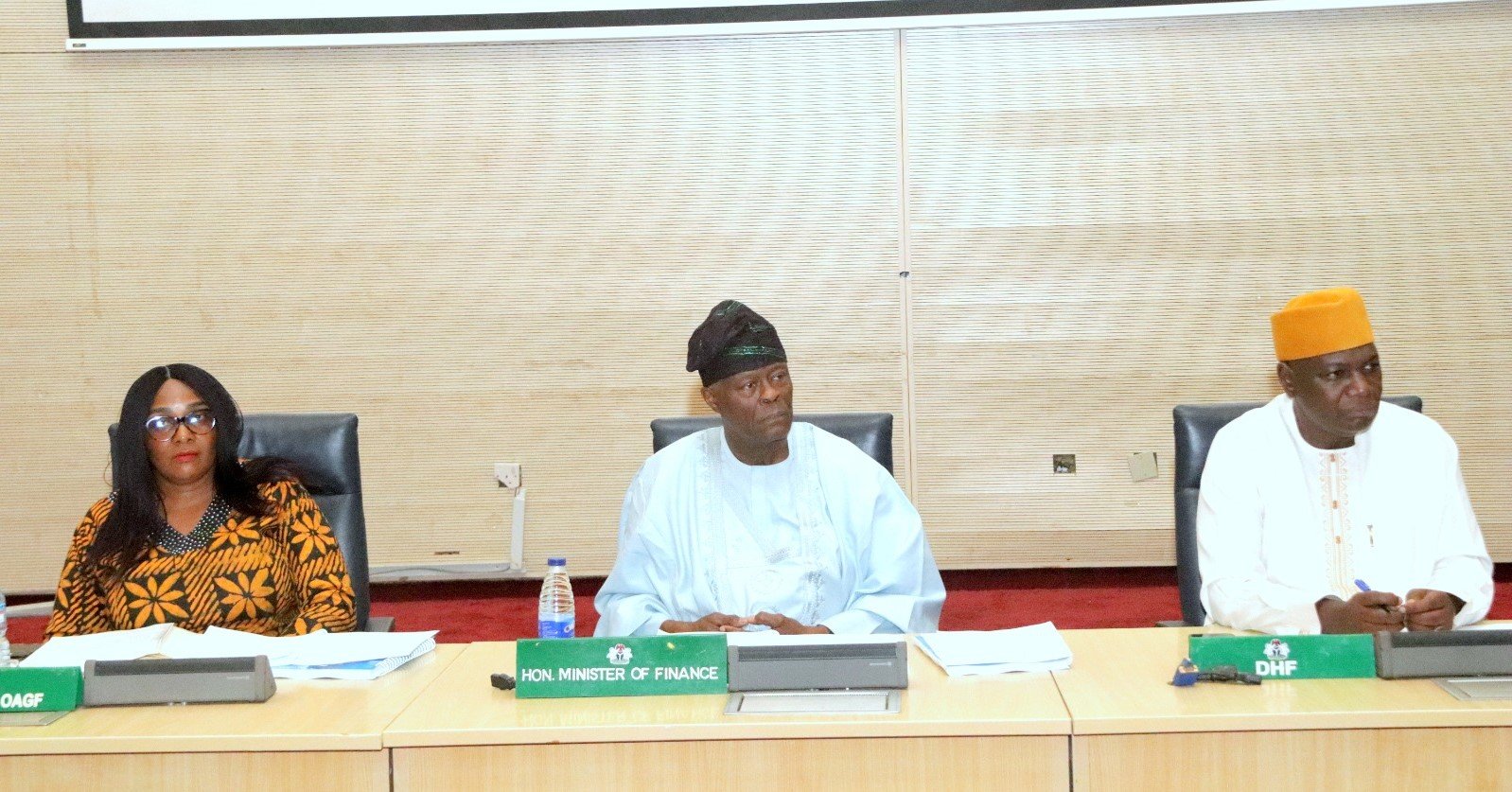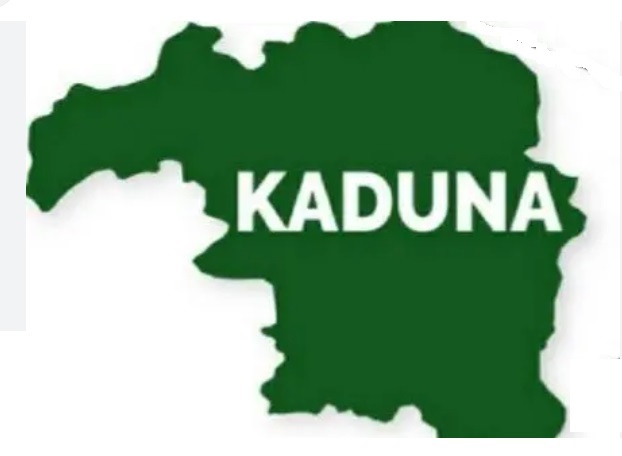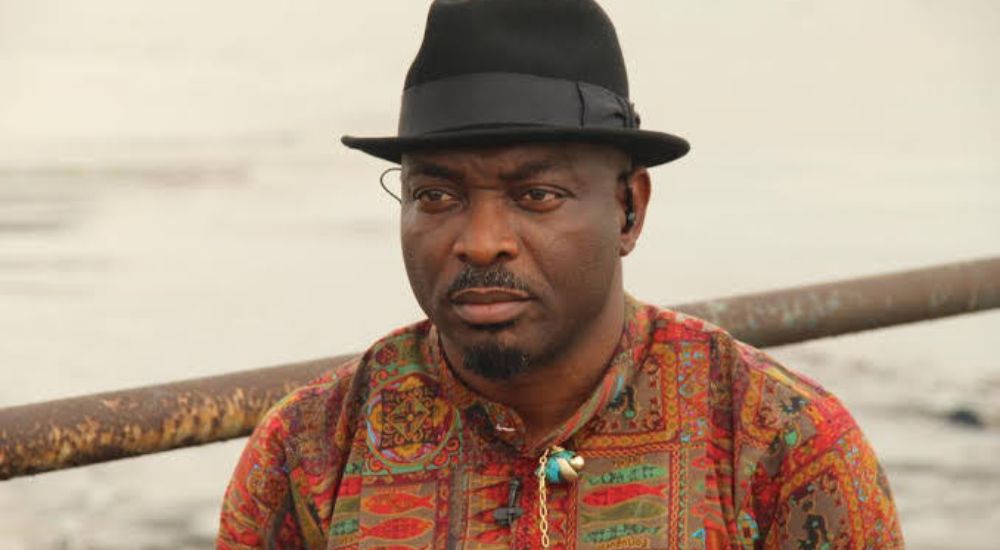The opportunity for Africa to take a leadership role in the WSIS+20 review process
By Elonnai Hickok (GNI), Anriette Esterhuysen (APC), and Lillian Nalwoga (CIPESA)
Alongside the Africa School for Internet Governance (AfriSIG) and the regional Africa Internet Governance Forum (AfricaIGF) that took place in late May in Dar-es-Salaam, Tanzania, the Global Network Initiative (GNI), the Association for Progressive Communications (APC), and the Collaboration on International ICT Policy for East and Southern Africa (CIPESA) held several meetings that brought together civil society, governments, parliamentarians, and the private sector from across the continent to reflect on Africa’s role in the World Summit on the Information Society +20 (WSIS+20) Review Process . This included a session at the AfriSIG, the regional workshop “The Road to WSIS+20”, and the session “Forging connections between Internet Governance, human rights, and development through the WSIS+20 process” at the AfricaIGF. The meetings highlighted key policy priorities across countries that stakeholders would like reflected in the WSIS+20 review process, surfaced challenges in past implementation of the WSIS framework and action lines with forward-looking recommendations, and emphasized the opportunity for Africa to play a leadership role in the WSIS+20 review process going forward.
In 2025, the world faces an important moment for digital governance. The WSIS+20 review — marking two decades since the World Summit on the Information Society — will not only evaluate past progress but also shape the future of Internet governance, rights, and development as it considers how to align the Global Digital Compact (GDC) into the WSIS process and evaluates the renewal of the Internet Governance Forum (IGF). For Africa, this is a pivotal opportunity to lead, to center the continent’s priorities in global digital discourse, and to champion a people-centered, equitable information society.
Since its founding documents — the Geneva Declaration, the Plan of Action, and the Tunis Agenda — the WSIS has put forward a vision rooted in multistakeholderism, human rights, and inclusive digital development. But nearly 20 years on, that vision is under question amid accelerating technological shifts, geopolitical tensions, billions of people without meaningful connectivity, and the marginalization of voices from the Global Majority. Africa’s leadership in the WSIS+20 review process will be an essential counterbalance to these challenges.
Africa has always participated strongly in WSIS, with robust contributions from the technical community, civil society, many governments, and the WSIS prize winners who have taken high-level action lines and worked to implement them at the local community level. Recent months have seen growing momentum across the continent for the WSIS+20 review process. From Dar-es-Salaam to Cotonou, the United Nations Economic Commission for Africa (UNECA) has convened civil society, governments, parliamentarians, and the private sector to reflect on Africa’s role in the WSIS. This has been complemented by national-level dialogues driven by civil society with participation from the technical community, including in Zambia, Ghana, and South Africa. These dialogues reveal national-level priorities and the potential for Africa to shape the future of the WSIS.
Two major declarations — the and the — highlight Africa’s vision for the WSIS. They underscore issues central to the region: bridging the digital divide, fostering AI innovation, building resilient digital public infrastructure, ensuring data governance, and using the WSIS as a catalyst for Agenda 2063 and the Sustainable Development Goals (SDGs). Crucially, both declarations reaffirm the importance of the IGF and call for its strengthening.
The global WSIS+20 Preparatory and Stocktaking Meeting held on May 30 gave us some insight into the positions that African countries will take. Statements by Uganda, South Africa, and Morocco aligned with the G77’s call for digital sovereignty and technology transfer, recognized the importance of leveraging the WSIS to achieve the 2030 Agenda, called for aligning the GDC with the WSIS, and highlighted new challenges such as AI, but stopped short of unanimously advocating for the renewal, strengthening, and making the mandate of the IGF permanent.
The geopolitical landscape only heightens the urgency of strong participation from African countries. The United States’ controversial stance during the 28th session of the Commission on Science and Technology for Development (CSTD) — particularly its resistance to language on climate, the SDGs, and diversity, equity, and inclusion — has raised alarms. While this may signal a shift in the U.S. government’s approach, it also can be seen as opening space for Africa and other actors to step into leadership roles and push for a rights-based digital future that reflects national priorities.
To do so, Africa must bring vision and coordinated diplomacy. The continent has several key regional frameworks and strategies: the , the , the , and the offer policy blueprints for the continent’s digital development. The on Human and People’s Rights has also passed several important resolutions including the Resolution on Access to Data 2024 and the Declaration of Principles on Freedom of Expression 2019. There is an opportunity to actively inject these priorities and values into global processes like the WSIS+20 and the GDC.
Nationally, progress is tangible. Countries are expanding digital public infrastructure, reforming cybersecurity laws, and working to reduce connectivity gaps. At the same time, challenges persist — from Internet shutdowns and online surveillance to shrinking civic space and rising digital authoritarianism, as highlighted in Paradigm Initiative’s . These challenges underscore why a rights-respecting, multistakeholder framework is essential for Africa’s digital future.
As the WSIS+20 review process continues, it will be critical that African countries actively engage in the process, emphasizing inclusive multistakeholder participation from all stakeholders as articulated by a cross-stakeholder group in the Five-Point Plan for an Inclusive WSIS+20 Review and a further set of eight recommendations. Going forward, the UNECA and the African Union will play an essential role in not only coordinating regional positions but in ensuring this participation.
The WSIS+20 presents a timely chance for Africa to take forward the original spirit of the WSIS: a digital world built by and for the people, across sectors and borders. To seize this moment, it will be important for African governments and regional bodies to:
The discussions at AfricaIGF indicated an important opportunity for Africa to shape the future of the WSIS process and ensure country-level and regional priorities are reflected in the review and implementation, that the review process is truly multistakeholder, and results in implementation that is meaningful and effective.

